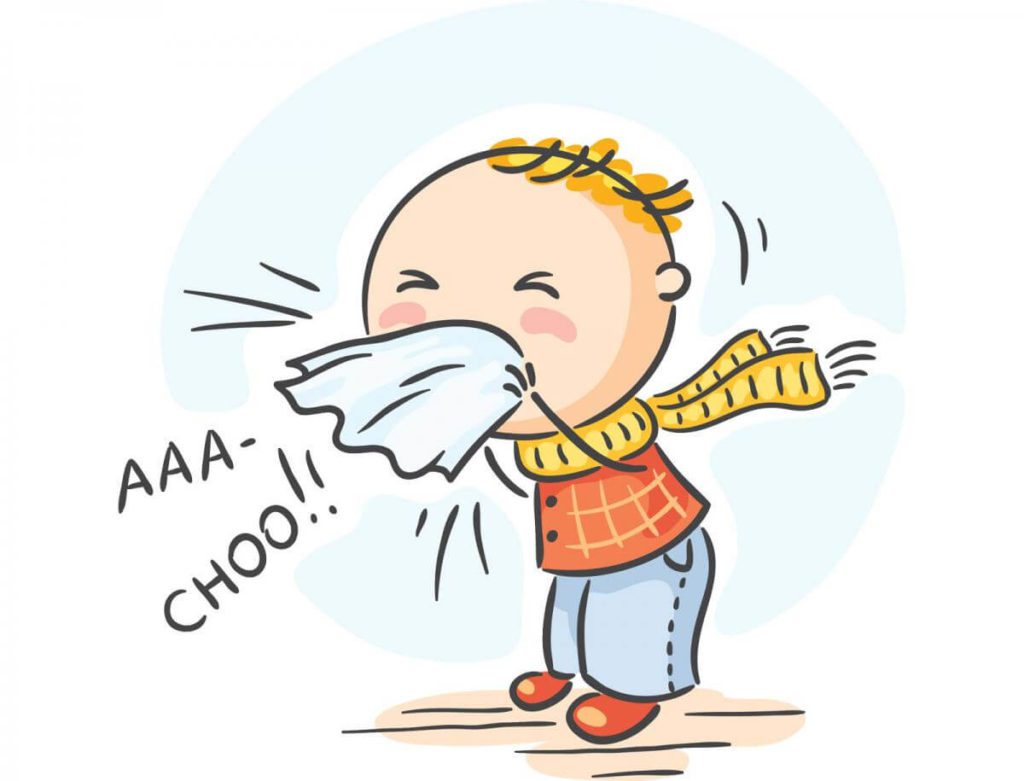
This post was written by Dr. Farhana Hamid-Scanlin DNP, FNP-BC, APNP. Dr. Hamid-Scanlin is a Board-Certified Family Nurse Practitioner at the Beloit Area Community Health Center.
High flu activity reported across state
The not so most wonderful time of the year is here – the dreaded flu season. The influenza virus, better known as the flu, is contagious and is easily spread from one person to another and can affect people of all ages from infants to the elderly. According to the Centers for Disease Control (CDC), Wisconsin is currently reporting high levels of flu activity across the state.
Transmission and symptoms
The flu virus is usually spread through tiny droplets of an infected person when they cough or sneeze and those droplets land on another person’s passages like their mouth or nose. After becoming infected, a person usually begins to develop symptoms of the flu within a few days.
Sometimes, it may be hard to distinguish flu symptoms from common cold symptoms. While both may share similar traits like; sore throat, coughing, runny or stuffy nose, headache, body aches, fatigue and chills, flu symptoms normally come on quickly and are much more extreme. Fever may also be a symptom of the flu but not everyone will develop a fever.
Most healthy individuals will begin to feel better within a week and resume normal activity, however some people may develop complications. Those with the highest risk of developing complications from the flu are; infants under one-year, pregnant women, those over 65 years of age and those with a weakened immune system. Serious complications include pneumonia, sepsis and hospitalization.
What to do when the flu hits
If you suspect that you or a loved one may have the flu, your medical provider can provide a diagnosis during a physical exam and through testing. Your provider will advise if you may benefit from antiviral medications, although most people can manage their symptoms at home by getting plenty of rest, staying hydrated by taking plenty of liquids and pain relievers as directed such as acetaminophen and ibuprofen. It is best to stay at home to avoid spreading the virus to others.
Practicing good hygiene like frequent handwashing and avoiding touching your face are especially important during this season. Although the flu season peaks in December and January, flu activity can continue well into the spring months, which is why it is not too late to get vaccinated. The vaccine may take one to two weeks for your body to develop immunities. Getting vaccinated is the best way to protect you and your loved ones.













